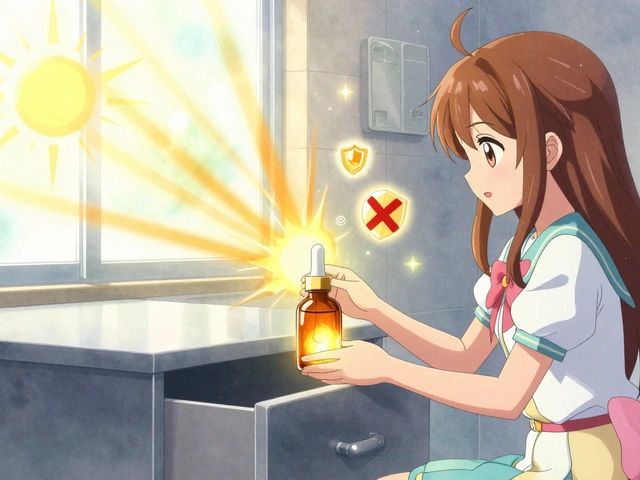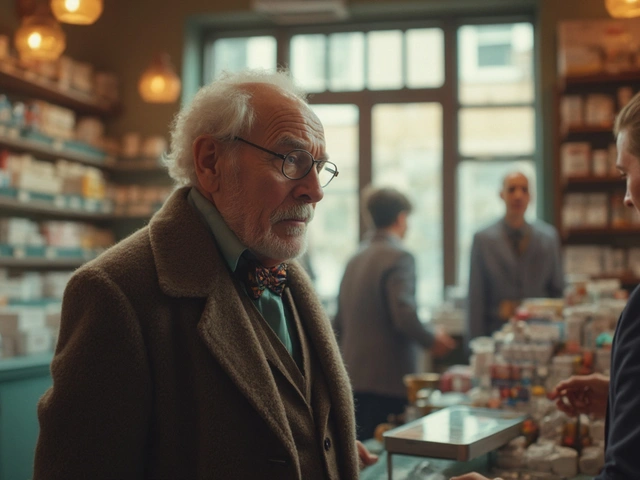Constipation: How to feel better faster
Constipation usually means you’re pooping less often than normal, stools are hard, or passing them feels like a lot of work. It’s common, annoying, and most of the time you can improve it at home. Below are clear, practical steps to try first and when to get medical help.
Quick fixes and daily habits that actually help
Start with small, normal changes that make a big difference:
- Fiber: Aim for 20–30 g daily from vegetables, fruit, beans, oats, or a supplement like psyllium. Add fiber slowly to avoid gas.
- Drink more: 1.5–2 liters of fluids a day helps soften stool. Warm drinks in the morning often trigger a bowel movement.
- Move your body: Short walks after meals stimulate digestion. Even 15 minutes helps.
- Routine: Try to use the toilet 20–30 minutes after breakfast — your gut is most active then. Don’t rush; give yourself time.
- Position: Put your feet on a small stool so your knees are above hips; this straightens the rectum and makes passing stool easier.
- Natural helpers: Prune juice (100–200 ml) or stewed prunes can work well for many people.
Medicines, when to use them, and warning signs
If lifestyle changes aren’t enough, over-the-counter options work quickly:
- Bulk-forming laxatives (psyllium, methylcellulose) are gentle and safe long-term if you drink enough water.
- Osmotic laxatives like polyethylene glycol (Miralax) draw water into the bowel and are effective for many people.
- Stimulant laxatives (senna, bisacodyl) speed things up but shouldn’t be used daily for long stretches — they can cause cramps and dependence if overused.
- Stool softeners (docusate) help if stools are dry and hard.
Some people have drug-related constipation (opioids, iron supplements, some antidepressants, antihistamines). If a medication is the cause, talk with your prescriber — there are alternatives and specific treatments like PAMORAs for opioid-related constipation.
See a doctor right away if you have:
- Severe belly pain, fever, or vomiting
- Blood in stool or black stools
- Sudden change in bowel habits that lasts more than two weeks
- Unexplained weight loss or trouble swallowing
Kids, older adults, and people with certain conditions (diabetes, hypothyroidism, neurological disease) may need a tailored approach. If over-the-counter measures don’t help within a week, or symptoms keep returning, ask your clinician about tests and prescription options.
Small consistent steps beat giant fixes. Try diet, fluids, timed toilet visits, and mild laxatives first. If you’re unsure which medicine to pick or you have red-flag symptoms, get medical advice — constipation is usually fixable, and you don’t have to suffer through it.
Exercise and Constipation: How Physical Activity Can Improve Your Gut Health
As a blogger, I've recently delved into the fascinating connection between exercise and constipation. It turns out that physical activity can significantly improve our gut health by stimulating the muscles in our digestive system. This helps to move waste through our intestines more efficiently, preventing constipation. I highly recommend incorporating regular exercise, such as walking or yoga, to help maintain a healthy gut. Not only will you feel better overall, but you'll also experience the added benefit of improved digestion.
About
Health and Wellness
Latest Posts


Medication-Related Liver Damage: Warning Signs and When to Seek Help Immediately
By Marcel Kornblum Dec 12, 2025

How to Involve Family or Caregivers in Medication Support
By Marcel Kornblum Dec 29, 2025

How to Store Light-Sensitive Medications and Eye Drops Properly
By Marcel Kornblum Dec 1, 2025

